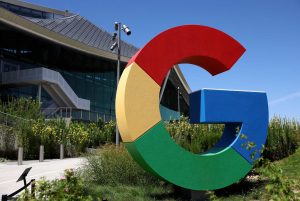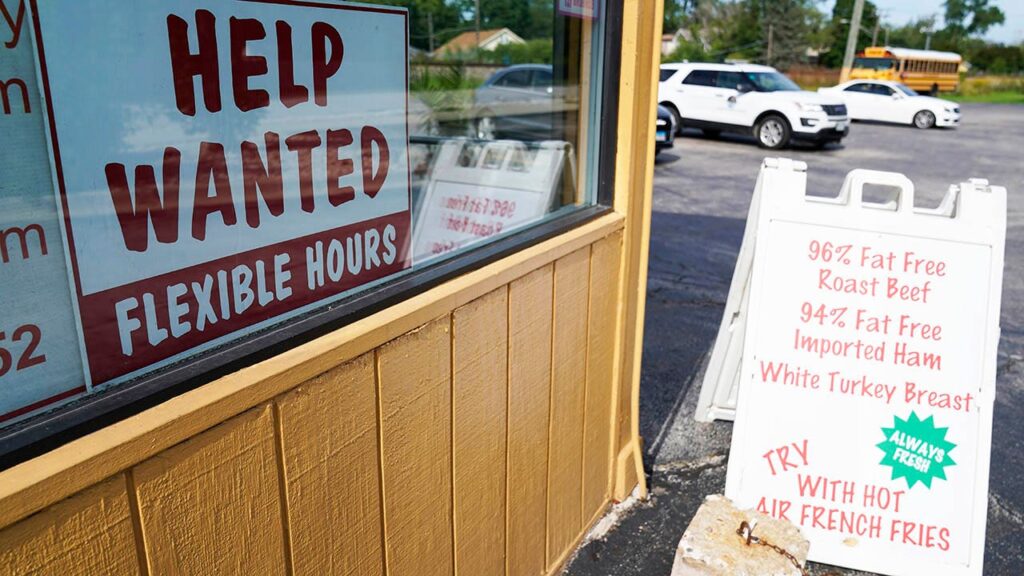On the heels of the May jobs report, economists weighed in on what the unexpected surge in jobs really means for the U.S. economy.
Former White House economist, Tyler Goodspeed, warned over the biggest “red flags” in Friday’s report.
Although U.S. employers added 339,000 jobs in May, Goodspeed, also a Kleinheinz Fellow at the Hoover Institution at Stanford University, told Fox News Digital while it’s a “good sign” that the labor market continues to add jobs, he stressed over a separate report based on a survey of households indicating a “softening labor market.”
“The household survey showed a decline in employment of over 300,000… most of that was definitional,” he explained. “But nonetheless, the fact that that number declines makes the establishment sort of a bit of a head-scratcher.”
US JOB GROWTH UNEXPECTEDLY JUMPS IN MAY AS ECONOMY ADDS 339,000 NEW POSITIONS
Goodspeed continued, pointing out that “something to look out for on the wonky side” is inconsistencies in the report.
“It tends to understate job gains early in a recovery because it doesn’t account for new firms that have been born, whereas it also tends to overstate job gains at a turning point when the economy is really starting to slow down because it doesn’t account for a lot of firms that die and drop out of the survey,” he explained. “So I think that’s something to watch out for is what’s the response rate on this.”
Peter Schiff, a chief economist and global strategist at Euro Pacific Capital, also argued employment growth numbers are “skewed” largely due to Americans taking on second and third jobs to combat inflation.
“I think a lot of people who are not losing their jobs are losing the value of their income to inflation,” Schiff told Fox News Digital. “A lot of people that already have a job, some full-time, some part-time, are having to take extra jobs in order to make up for the income that they’ve lost on those jobs.”
TIGHT LABOR MARKET HAS INCREASED DEMAND FOR TEENS IN SUMMER JOBS
In May, hourly wages increased by 4.3% year-over-year, despite growth not keeping pace with inflation.
Although wage inflation is bringing in workers, “it just makes the Fed’s job of getting inflation back down to 2% a lot harder,” Goodspeed noted.
The Federal Reserve is closely watching the report for evidence that the labor market is finally softening after months of strong job gains as policymakers try to wrestle inflation under control. Although the consumer price index has cooled from a peak of 9.1% in June, it remains about three times higher than the pre-pandemic average.
While it is a “good time” to look for employment, Goodspeed said, the report comes with “bad news” in respect to inflation.
“The Federal Reserve… is probably going to be a lot more confident in the state of the labor market, and therefore, they’re going to turn their attention much more to the other side of their mandate, which is bringing down inflation,” he said.
“Given where productivity growth is, the wage inflation kind of sets a floor below which it’s hard for inflation to go. So I think that [the Fed is] going to probably tighten. They’re going to have to stay higher for longer in order to cool demand in the economy,” he continued.
When asked whether the report will prompt the Fed to pause or continue its aggressive rate hikes, Goodspeed said: “Probably 50/50 that they hike versus pause, maybe slightly leaning towards a hike.”
Schiff also believes inflation will remain “hot,” but pointed out wage growth could rise if productivity increases.
FOX Business’ Megan Henney contributed to this report.
Read the full article here











